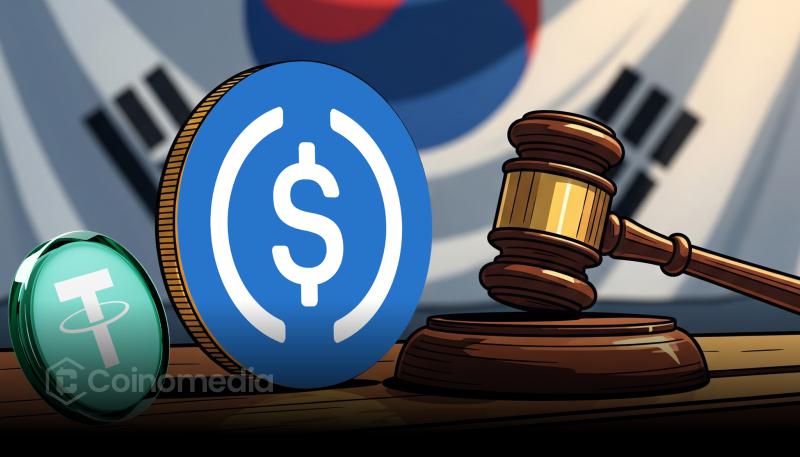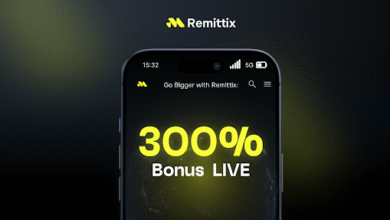South Korea’s Bank-Only Stablecoin Plan Under Fire
Kaia DLT Chair criticizes South Korea's move to restrict stablecoin issuance to banks only, warning it may hurt blockchain innovation.

- Kaia DLT’s chair calls the bank-only stablecoin model illogical.
- The Bank of Korea restricts stablecoin issuance to banks.
- Experts warn this could stifle Web3 and blockchain innovation.
South Korea’s central bank is facing growing criticism for its stance on stablecoins. The Bank of Korea recently announced a policy allowing only traditional banks to issue won-denominated stablecoins, excluding crypto-native firms and Web3 innovators from participating in this emerging sector.
Dr. Sangmin Seo, Chair of the Kaia DLT Foundation, has openly criticized the move, calling it a model that “lacks logic.” According to Dr. Seo, restricting stablecoin issuance to banks misses the point of blockchain technology, which is meant to be decentralized, efficient, and inclusive.
“The approach is fundamentally flawed,” said Dr. Seo. “By giving only banks the right to issue stablecoins, South Korea risks falling behind in the global digital asset race.”
Is Innovation at Risk?
Stablecoins play a key role in enabling fast, low-cost transactions and building blockchain-based financial products. Many countries are experimenting with public-private models or are allowing licensed crypto firms to issue stablecoins under clear regulations.
However, South Korea’s bank-first model has raised concerns that such exclusivity may limit competition and innovation. Startups and blockchain developers may struggle to gain access to stablecoin infrastructure, which could weaken the broader Web3 ecosystem in the country.
Critics argue that excluding crypto-native projects from stablecoin issuance fails to recognize the technical expertise and innovation that these projects bring.
Call for Balanced Regulation
While the Bank of Korea may be trying to ensure financial stability and consumer protection, experts like Dr. Seo argue that a more balanced regulatory approach is needed. This could involve co-regulation, where both banks and approved Web3 firms can issue stablecoins under strict oversight.
South Korea has been a leader in tech and innovation, but this decision could undermine its competitiveness in the rapidly evolving blockchain space. Stakeholders are urging regulators to rethink the policy and foster an ecosystem that encourages both trust and innovation.



